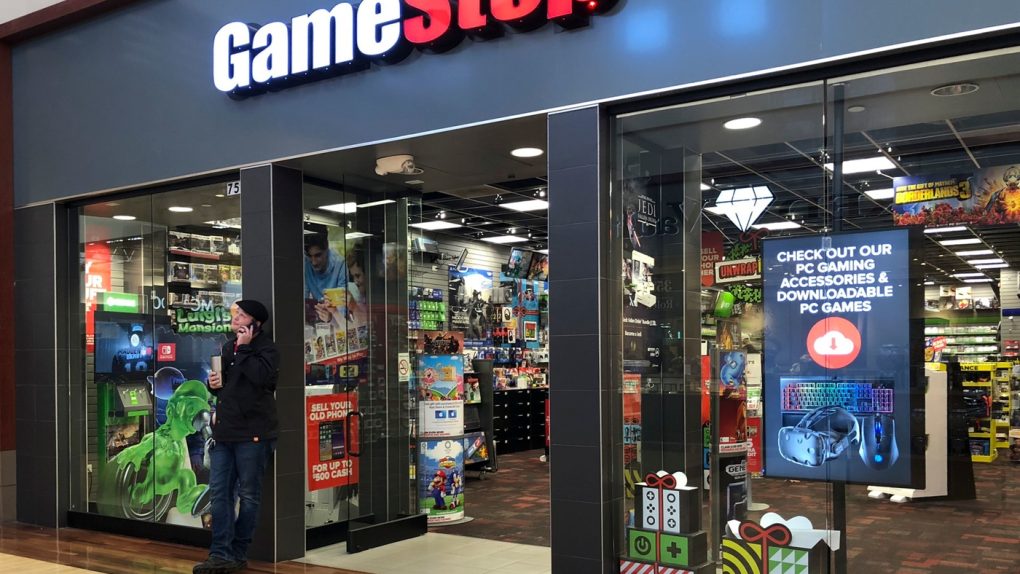- The video game retail chain GameStop says it will close customer access to US storefronts starting Sunday, March 22, as a result of the continued spread of the coronavirus.
- Along with closing its US stores, GameStop says it will still allow customers to place orders for curb-side pickup, as well as digital and e-commerce orders.
- Visit BGR’s homepage for more stories.
The struggling video game retail chain GameStop has finally succumbed to the inevitable, announcing that its US stores will close effective Sunday, March 22, after days of what has seemed at times to be head-scratching moves by the company that haven’t always reflected the gravity of the coronavirus crisis.
That included a somewhat tone-deaf announcement that the chain would start selling DOOM Eternal a day before its release, on March 19, “as a safety precaution for our customers and associates” while Animal Crossing would release on March 20 as planned. Social media was quickly flooded with posts from scared and frustrated employees who claimed that working conditions weren’t safe, they didn’t have the necessary precautionary equipment like sufficient hand sanitizer, and that they feared for their safety. Then came GameStop’s attempt to claim its business is “essential” to try and skirt the increasing lockdowns that are taking place around the country.
Here’s where things stand now:
Stores that aren’t already closed will “temporarily stop customer access to storefronts” starting Sunday. The company is switching to processing orders on a digital-only basis and will also offer curbside pick-up at stores as well as e-commerce delivery. This, the company announced on Saturday, “will allow the company to continue to serve customers who have purchased online at GameStop.com and the GameStop app and have requested a product pick-up at their local store.”
Why are people lining up at GameStop and EB games? YOU CAN GET THESE GAMES DOWNLOADED DIRECTLY!!! Stay safe everyone pic.twitter.com/0j6HXtgnNm
— EG HandofCod (@HandofC) March 20, 2020
In the company’s Saturday announcement, it added that “all US GameStop employees have been [assured] they do not have to work if they are not comfortable and should stay home if they feel sick.” The company is also promising to pay all US employees whose hours have been eliminated an extra two weeks at their regular pay rate based on the average hours they worked in the last 10 weeks. Additionally, GameStop says it will reimburse all benefit-eligible US employees one month of the employee portion of benefit expenses.
GameStop CEO George Sherman provided the following statement about this new move by the company:
“This is an unprecedented time and each day brings new information about the COVID-19 pandemic. Our priority has been and continues to be on the well-being of our employees, customers and business partners. We have been steadfast in our adherence to CDC-guided safety and local government orders for retailers in each of our communities. As millions of Americans look to GameStop to adjust to their new normal of increased time at home, for work, learning and play, we have implemented practices to help ensure the safety and health of our employees, customers and partners. We believe it is prudent to institute further safety protocols while meeting this increased demand through curbside pick-up. As such, stores that remain in operation will provide only pick-up at the door or delivery to home activities to further protect our employees and customers.”








